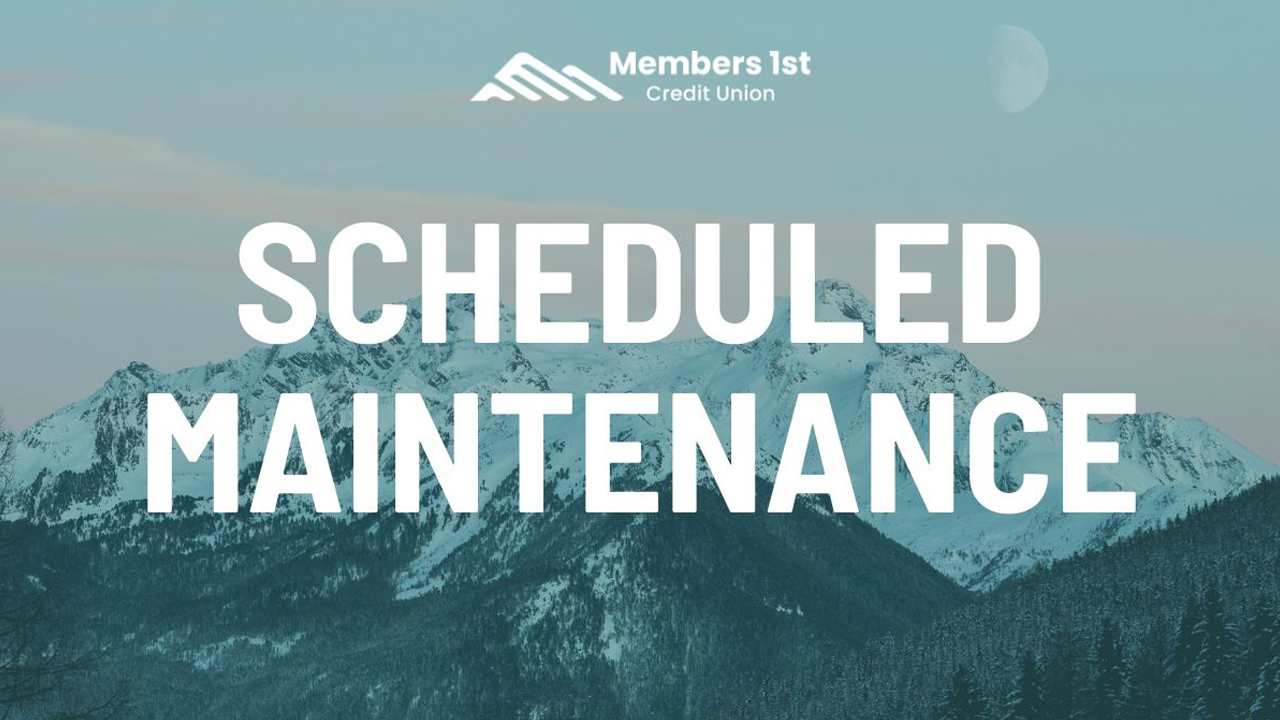
The Basics of Personal Finance: A Beginner's Guide to Financial Literacy
Welcome to the world of personal finance! Understanding how to manage your money is an important life skill that can positively impact your financial well-being. Whether you're just starting out or looking to refine your financial habits, this beginner's guide will cover essential concepts to help you build a solid foundation for your financial future.
1. Set Financial Goals
The initial step in taking control of your finances is to set clear and achievable goals. Do you want to save for a down payment on a house, pay off student loans, or build a retirement fund? Setting specific goals will help you stay focused and motivated on your financial journey.
2. Create a Budget
Creating a budget is essential for effectively managing your finances. Begin by calculating your monthly income and listing all your expenses. This includes fixed costs such as rent/mortgage and utilities, as well as variable expenses like food, transportation, and entertainment. Allocate your income towards these expenses, giving priority to savings and debt repayment.
3. Build an Emergency Fund
Life can be unpredictable, but having an emergency fund can provide a safety net during challenging times. Aim to save three to six months' worth of living expenses in a separate savings account. This fund will not only cover unexpected expenses like car repairs, medical bills, or job loss but also provide a sense of security, knowing you're prepared. It's a step towards financial stability.
4. Manage Debt Wisely
Understanding how to manage your debt is crucial for maintaining financial stability. It's important to differentiate between good debt, which is used to invest in your future, such as education or a home, and bad debt, which does not provide any long-term benefits and often comes with high interest rates, such as credit card debt. Prioritize paying off high-interest debt first while making minimum payments on others. Avoid accumulating unnecessary debt and aim to maintain a good credit score.
5. Save and Invest
Remember to start saving and investing early in order to take advantage of the power of compound interest. Consider opening a savings account for short-term goals and explore long-term investment options such as retirement accounts (401(k), IRA), stocks, or mutual funds. It's a good idea to consult with a financial advisor to help you understand your risk tolerance and choose investments that align with your goals.
6. Monitor and Adjust
It's important to regularly review your financial situation to track your progress towards your goals. This may involve checking your bank statements, reviewing your budget, and assessing your savings and investments. It's important to adjust your budget as needed, especially during major life changes such as getting a new job, getting married, or having children. For instance, if your income increases, you could consider increasing your savings or paying off more debt. Keep yourself informed about personal finance topics and seek guidance when needed to make informed decisions.
7. Practice Financial Discipline
Developing healthy financial habits is more than just living within your means and avoiding impulsive purchases. It involves prioritizing long-term financial security over short-term gratification and requires discipline. Consistency and discipline will lead to financial freedom and peace of mind. Stay determined and focused on your financial goals.
Mastering the basics of personal finance will give you confidence and empower you to manage your money. This sets the stage for a secure financial future, giving you the control you need. Remember, financial literacy is a journey. Every step you take toward improving your financial knowledge and habits will pay off in the long run. Start today and empower yourself to achieve your financial goals!




.jpg)